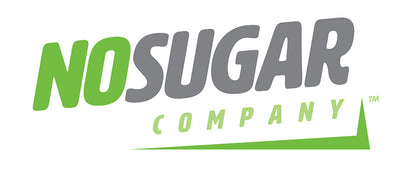Your Cart is Empty
Join Us for No Sugar Day 2024: A Day to Feel Good, Naturally!
Refined sugar might taste sweet, but life without it? Even sweeter.
By cutting back on refined sugar, you’d be avoiding long-lasting and damaging effects and embracing a healthier, more vibrant lifestyle. From boosting your energy naturally to improving focus and mood, Going sugar-free comes with some pretty amazing perks.
Together let’s shine a light on North America’s refined sugar problem and empower each other to make smarter, healthier choices.
SHOP NOWNo Sugar Day 2025 Countdown:
Sugar Shock:The Startling Truth About Canada's Sweet Tooth
Canada's Sugar Overload
The average Canadian consumes 26 teaspoons of added sugardaily—nearly 3x the recommended limit of 6-9 teaspoons per day.
That's over 40 kilograms of sugar per person every year—enough to fill a bathtub!
Sugar and It's Health Risks
Canadians who consume more than 10% of their daily calories from added sugars are at a 30% higher risk of heart disease. Sugar consumption is linked to a 40% increase in obesity and Type 2 diabetes rates in Canada.
Sugar isn’t just empty calories—it’s causing real damage to vital organs.
Sugar and Childhood Obesity
30% of Canadian children are either overweight or obese, with excess sugar intake being a leading contributor.
The majority of children’s foods in Canada contain high levels of added sugar, making it a daily challenge for parents.
Hidden Sugars in Everyday Foods
Nearly 48% of Canadians’ daily sugar intake comes from processed foods and beverages, with many so-called “healthy” foods hiding added sugars. Some less familiar names for sugar are important to be on the lookout for - like sucrose, corn syrup, and dextrose.
The Economic Burden
Sugar-related illnesses cost Canada’s healthcare system over $5 billion annually, with heart disease and diabetes leading the charge.
Reducing sugar consumption could save billions in healthcare costs and improve quality of life.
Sugar and Mental Health
Excess sugar consumption is linked to increased risk of depression by 23% and contributes to mood swings, anxiety, and fatigue.Sugar doesn’t just have a negative impact your body—it takes a toll on your mind, too.
HIDDEN SUGAR JOURNEY
Oh sugar, it's EVERYWHERE!! Take the hidden sugar journey and see how much refined sugar can be disguised in the common foods in our diet.
Keep in mind the Canadian Heart and Stroke Foundation recommends our maximum daily sugar intake to be:
25g (6 tsp) = 2-5 yrs
25g-30g (6-7.5 tsp) = 5-18 yrs
50g (12 tsp) = Adults
In order to prevent conditions such as obesity, diabetes, and heart disease.
The Sweet Rewards of Cutting Back ❤️
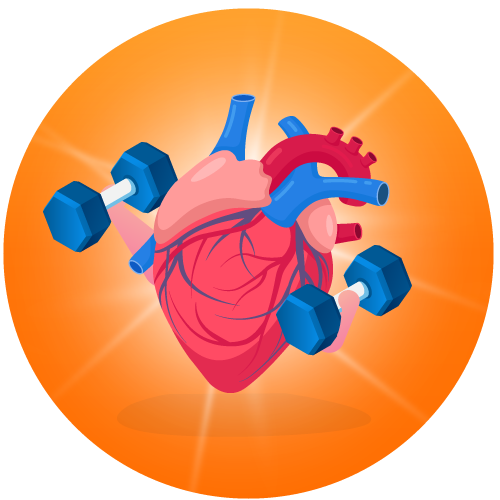
Improves Heart Health
- Less sugar, more heart health!Cutting back on sugar lowers your risk of heart disease by reducing blood pressure, triglycerides, and bad cholesterol (LDL).
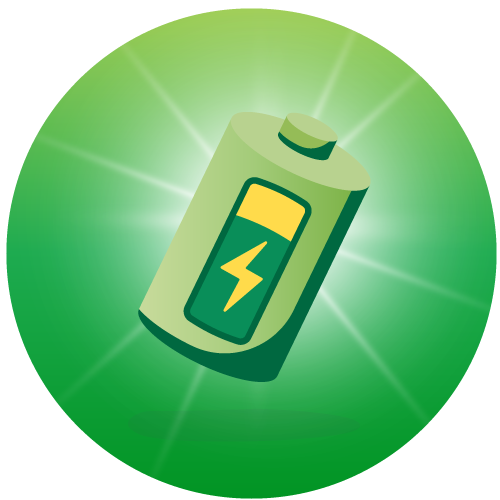
Boosts Energy Levels
- Steady Energy: Cutting sugar from your diet can lead to more consistent energy throughout the day, preventing the dreaded sugar crash.
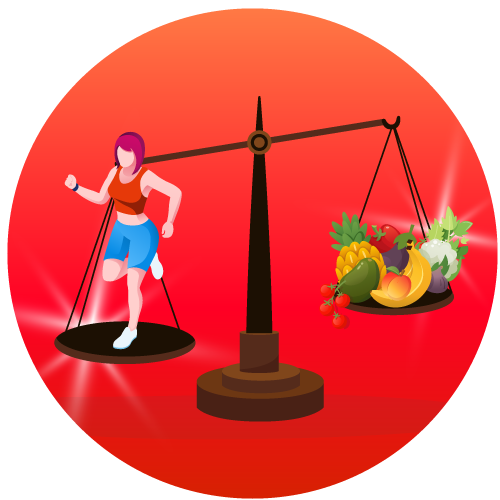
Supports Weight Management
- A simple way to maintain a healthy weight! Reducing sugar helps control cravings and lowers overall calorie intake, making it easier to manage your weight.

Promotes Healthy Skin
- Your skin will glow without sugar overload! Cutting sugar reduces inflammation and acne, leading to clearer, healthier skin
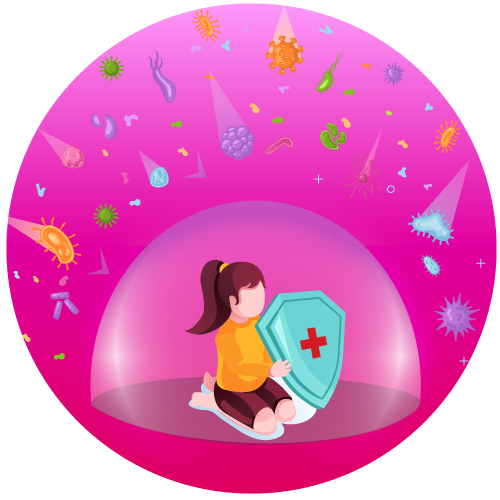
Reduces Risk of Chronic Diseases
- Protect your future by reducing sugar today! Lower sugar intake reduces your risk of Type 2 diabetes, obesity, and other chronic diseases.
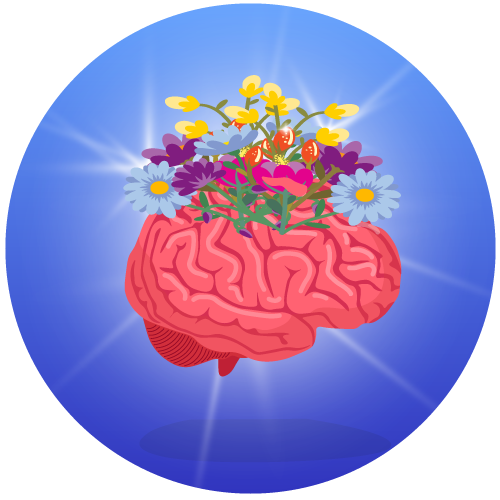
Enhances Mental Clarity
- Clearer mind, sharper focus!Reducing sugar can eliminate brain fog and improve concentration by preventing rapid blood sugar fluctuations.
Join Our 14-Day No Sugar Cleanse
Learn More
We’ll be sending daily reminders, encouragement and knowledgeable insight to keep you on track, and support you in forming sustainable, long-term healthy eating habits focused on consuming whole, unprocessed foods that are naturally low in sugar and high in nutrients.
Share your story
Reducing your sugar intake is no easy feat. Although the cognitive and physical benefits are undeniable, often we can succumb to the struggle and challenges of maintaining a healthy diet at the convenience of corporations that excessively sugarcoat your food.
We invite you to share your story on social media. Tell us what motivated you to take the pledge, what challenges you've encountered and what makes you proud to say #ItsANoForMe on #NationalNoSugarDay.
Guilt-free Indulgence
Shop Now
Set yourself up for success for when the cravings kick in. Check out our variety of sugar-free snacks that are unbelievably delicious, and satisfying! For one day only—take 20% off your entire order! *Discount automatically applied at checkout, on October 3rd, 2024.*
